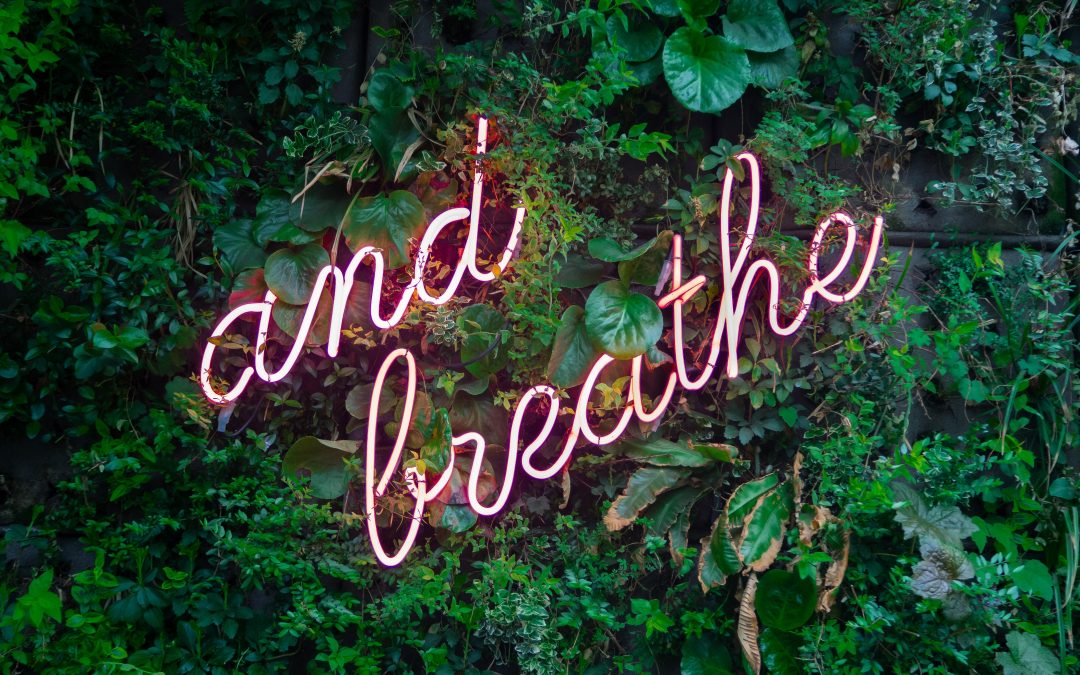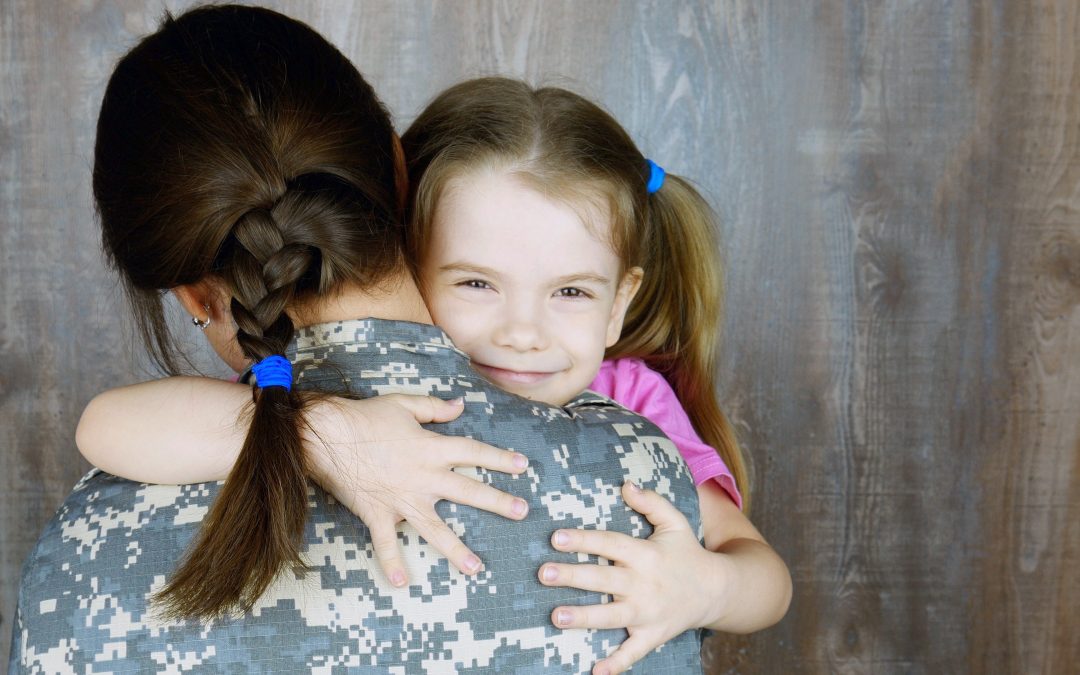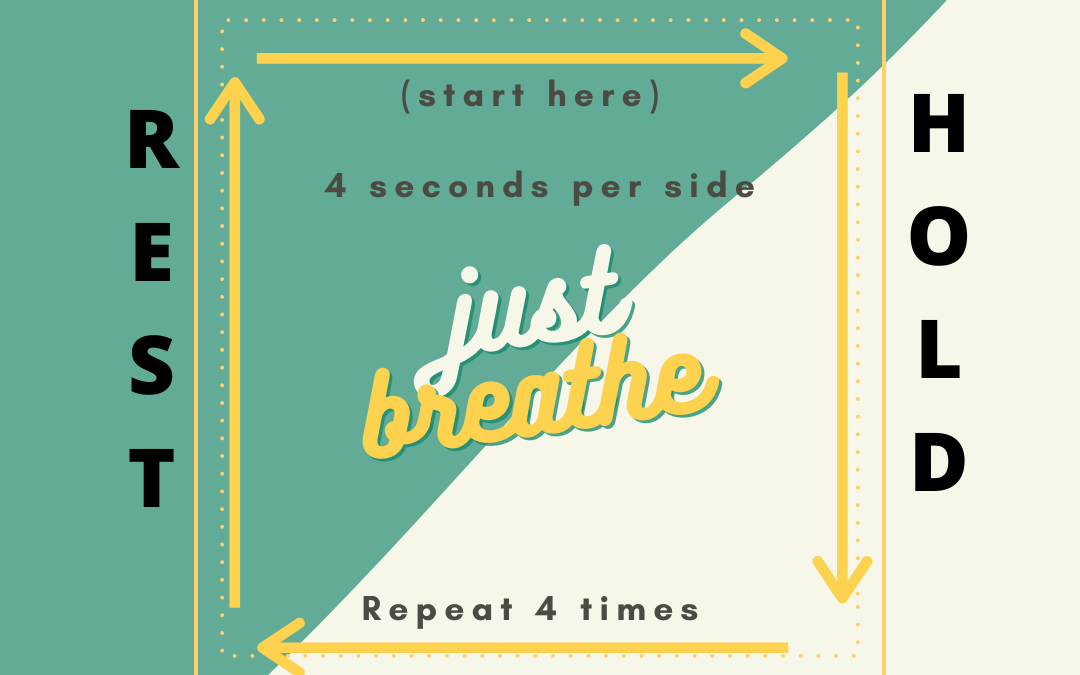
Anxiety- What is it?
WRITTEN BY: KIMBERLY ALANIZ, LCSW-S
Nearly every individual will experience symptoms of anxiety in their lifetime. In fact, small amounts of anxiety aren’t necessarily a bad thing. So, can anxiety be good? Or even helpful? The answer is, yes! Like other emotions, anxiety serves an important biological purpose; protection.
The Evolution of Anxiety
Evolutionarily (think back to cave man days) it protected cavemen from walking through tall grass with the potential of being attacked by an animal hiding feet away. In today’s modern world, anxiety can push you to study for a big algebra test, encourage you to apply for your dream job or discourage you from walking down a dark, empty alley alone.
Biologically, anxiety prepares and helps the body to fight, freeze or flee a stressful situation in an attempt to protect. You may experience this as a rapid heart rate and breathing, which purpose is to send oxygenated blood to muscles you need in the process (i.e., your legs). You may even experience this as racing thoughts, which mentally prepares you for every possible scenario. Although the experience itself may feel negative, healthy amounts of anxiety are normal.
So, when can anxiety be bad or unhelpful? When the feelings of anxiety become excessive dread or fear that interrupts everyday life even when there is no evidence of a real threat. These symptoms could suggest a clinical anxiety disorder.
Common Anxiety Disorders:
· Generalized anxiety disorder– excessive, unrealistic worry about everyday life situations with no obvious reason.
· Social anxiety disorder- excessive fear and irrational thoughts about social situations to include worries about feeling judged, embarrassed or humiliated.
· Panic disorder- excessive fear and worries about losing control or disaster accompanied by sudden or frequent attacks of fear that last a few minutes to longer (also called panic attacks).
Common Symptoms of Anxiety Disorders
· Feelings of panic, dread and doom,
· Difficulties falling and staying asleep,
· Shortness of breath or rapid shallow breathing,
· Rapid heart beat,
· Tense muscles,
· Stomach issues not explained by another medical condition,
· Over thinking,
· Inability to concentrate.
Sound familiar? If you or someone you love is struggling contact a mental health professional who can help you understand anxiety and help find ways to manage symptoms. Contact us today!










Recent Comments